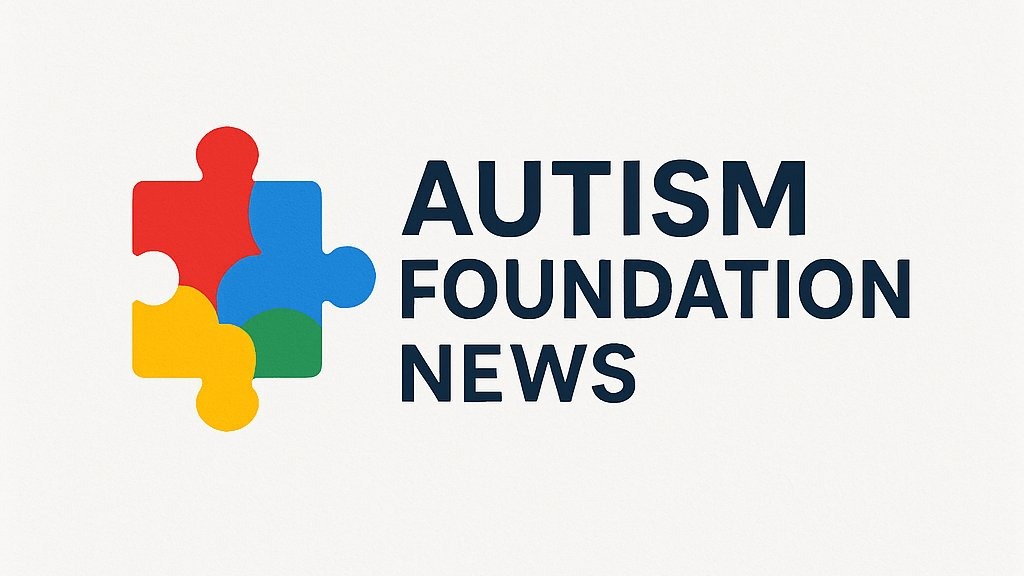
Unlocking the Power of Deep Rest through Mindfulness
In our fast-paced world, where stress and anxiety often overspill into our daily lives, the importance of relaxation cannot be overstated—especially for individuals with autism, their caregivers, and healthcare professionals. Through mindfulness practices, such as meditation, we can overcome barriers to relaxation that trauma and tension build up over time. In this exploration, we will delve into the transformative powers of deep relaxation techniques, showing how they can significantly enhance emotional well-being.
The Science Behind Relaxation and Autism
The human brain produces alpha waves during deep relaxation, which are crucial for achieving mental balance. For individuals with autism, whose sensory processing and emotional responses may differ, relaxation techniques like guided meditation can be particularly beneficial. By creating a calm environment and engaging in focused breathing, individuals can experience a decrease in anxiety and a clearer mind. Structured meditation can serve as a tool to build emotional resilience, helping cope with everyday challenges.
Creating a Comfortable Space for Relaxation
Whether at home, school, or work, establishing a comfortable and quiet space is essential for practicing meditation and mindfulness. This could mean setting up a special quiet corner at home or finding a tranquil area in a busy environment. Using soft lighting and comfortable seating can significantly reduce external stimuli, allowing for a more profound sense of calm. The practice of calming the external environment is not merely an idea; it's a practical step towards integrating mindfulness into daily routines.
Guided Meditation: A Pathway to Ease
Guided meditation is particularly effective for those who may parallel the complexities of engagement with traditional meditation methods. A simple 10-minute guided meditation can invite the mind to float and settle, encouraging self-kindness and patience. Progressing through relaxation drills helps reinforce this habit. As emphasized by meditation guides, "Just sit quietly, focus on your breath, and allow your worries to drift away like ocean waves—coming in, then rolling back out.”
The Benefits of Regular Practice
Engaging in regular relaxation practices fosters a brighter outlook, offering tools to manage anxiety and approach challenges with clarity. Research supports that mindfulness and meditation can lead to improved emotional regulation and interpersonal skills. For caregivers and healthcare professionals, understanding the importance of these practices not only aids those they support but enriches their own well-being too. It creates a shared journey towards mindfulness, where everyone benefits.
Empathy Through Shared Experiences
As someone who connects deeply with the narratives surrounding autism and mindfulness, I’ve witnessed firsthand the profound impact that relaxation techniques can have. Whether through personal anecdotes or discussions with parents and caregivers, it’s clear that the road to relaxation is often laden with ups and downs. Yet, each moment of stillness paves the way for better mental health outcomes and strong connections with ourselves and others.
Final Thoughts and Encouragement
In conclusion, the practice of deep relaxation through mindfulness and meditation extends beyond mere stress relief. It transforms how individuals navigate their worlds—creating vital spaces for personal reflection, emotional growth, and meaningful connections. As you embark on this journey, remember that every small step counts. Take time to integrate relaxation practices into your life, and watch the changes unfold.
 Add Row
Add Row  Add
Add 




Write A Comment